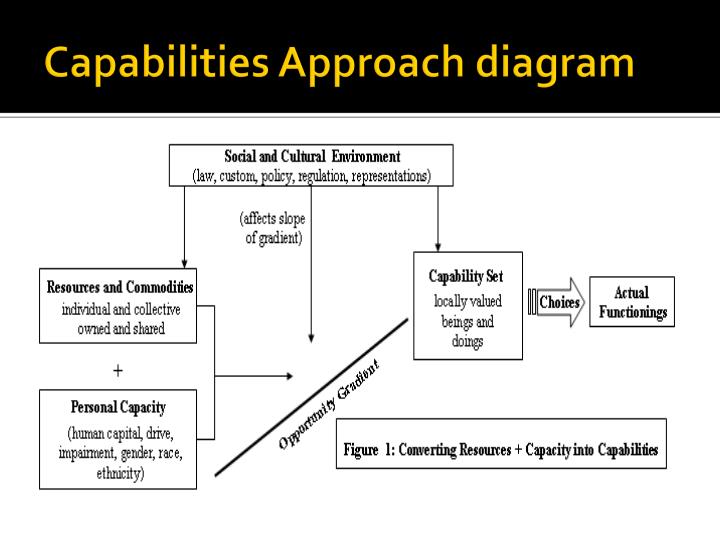associated with consciousness and subjective experience) and the body
(often identified with the physical brain). Two major philosophical
views on this problem are monism and dualism.
If you like reading about philosophy, here’s a free, weekly newsletter with articles just like this one: Send it to me!
Overview
Dualism
-
Origins: Often associated with René Descartes, but also going back further, to Plato.
-
Main Claim: The mind and body are two distinct types of things.
-
Forms:
- Substance Dualism: Proposes that the mind and body are two different kinds of substances altogether. The mind is non-physical, while the body (including the brain) is physical.
- Property Dualism: Proposes that there is only one type of substance (typically physical), but it can have two types of properties: mental and physical.
- Challenges: Explaining how the non-physical mind can causally interact with the physical body (e.g., how can a decision, seemingly made by our immaterial thoughts, cause a physical arm to raise?).
Monism
-
Origins: Various forms of monism have ancient roots (notably with the Greek pre-Socratic philosopher Parmenides), but as a response to dualism, it’s particularly pertinent from the early modern period onwards (i.e., after Descartes).
-
Main Claim: There is only one fundamental substance or reality underpinning both the mind and the body.
-
Forms:
-
Materialism (or Physicalism): Everything, including the mind, is physical. Mental states are identified with physical brain states.
-
Idealism: Everything, including what we think of as
physical matter, is ultimately a form of consciousness or
mental existence. -
Neutral Monism: Both the mind and body are composed of a
substance which is itself neither purely physical nor purely
mental.
-
-
Challenges: For materialists, it’s explaining how subjective experiences (qualia) arise from physical processes. For idealists, it’s accounting for the apparent objectivity and shared nature of the physical world. For neutral monism, it is defining the neutral “thing” that underlies simultaneously the mental and the physical.
The debate between these views raises deep questions about the nature of
reality, consciousness, and how our subjective experiences relate to the
objective world. Over the years, the discussion has been enriched by
insights from neuroscience, psychology, physics, and other disciplines,
but the fundamental philosophical problem remains unsolved and continues
to be a topic of rigorous debate and discussion.
Substance Dualism
What Is Substance Dualism?
Substance dualism is a central viewpoint in the philosophical debate surrounding the mind-body problem, rooted in the foundational ideas of
thinkers like René Descartes. This perspective posits that there are two
fundamentally distinct kinds of substances that make up reality: the
mental and the physical. According to substance dualism, the …
Read the full article which is published on Daily Philosophy (external link)






